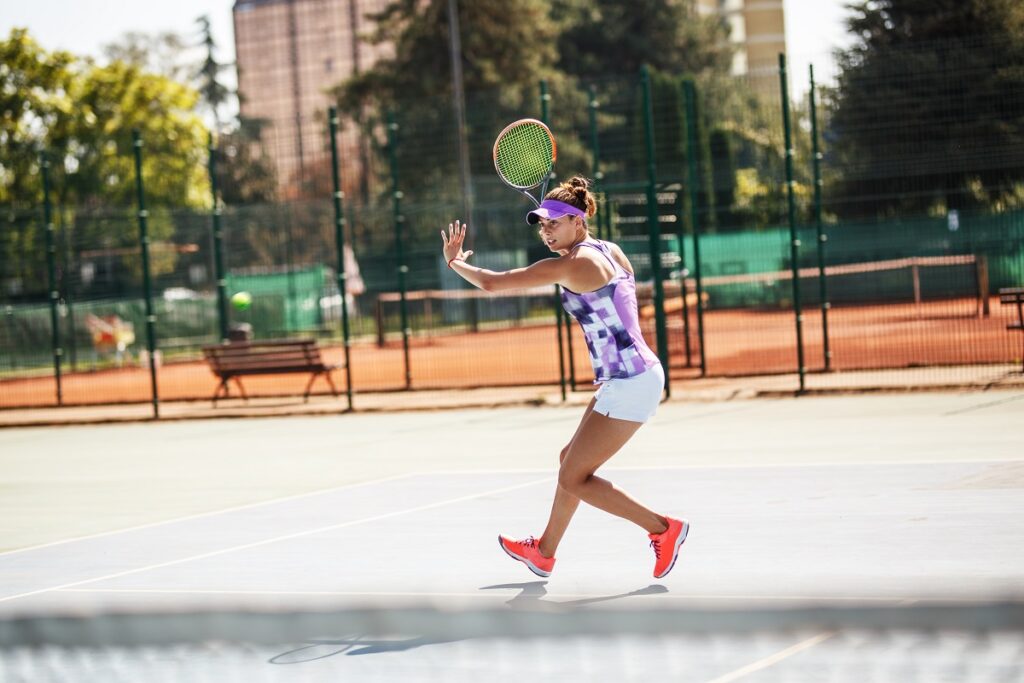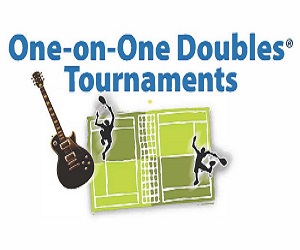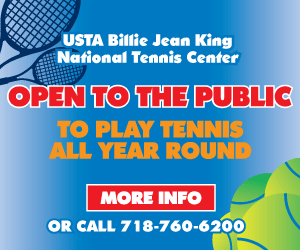The Top Ten Tennis Tips of All-Time: Part Seven
The articulate mind of the gifted athlete

One of the great myths in sports is that great athletes are “dumb jocks”. This could not be further from the truth. I have been lucky enough to work with and know some of the best athletes on earth, and one thing they all have in common is keen intelligence.
I’ve administered 100’s of full-length IQ tests both in graduate school and afterwards and became very good at guessing the person’s IQ before we get through five minutes of conversation. So I can pretty accurately tell what a person’s IQ is. There are many examples of great athletes with gifted IQ’s. When I first met Tiger Woods, my immediate impression was that he had an unusually high intelligence with exceptional focus and I was not at all surprised to learn that he was a straight-A student in high school and went to Stanford University. I have never met another human being who had the ability to focus the way he did, despite being hounded by thousands of adoring fans every time he teed it up.
One of the traits of gifted children is that they possess unusually good focus, concentration and attention span. They are able to sit at a kitchen table and do their work despite noise and mayhem all around them. And there was no greater mayhem then when Tiger Woods played golf.
I once worked with a world #3 taekwondo fighter who also happened to be a world-class chess player. I worked with an MLB pitcher who also was a math genius; great athletic ability is invariably linked to great intellectual powers.
In tennis, when you talk to Andy Roddick, you notice three things: He is big, he is healthy looking and he is bright. And one thing that is immediately obvious in press interviews with tennis stars is that they all speak multiple languages. Djokovic, Federer and Nadal can switch languages in the middle of a sentence, going from English to French to Spanish without missing a beat.
Characteristics of gifted people include greater-than-average curiosity, an obsessive interest in one thing, a tendency to be shy, isolating or highly emotional, perfectionist, ambitious and a feeling that destiny is calling them.
A young tennis player who is destined to achieve greatness will be practicing upwards of six hours per day on his or her craft, whereas an average youngster will only be devoting five hours per week on tennis.
As an example, Pete Sampras was a shy kid who spent endless hours in his basement as a young child pounding tennis balls against the wall.
Novak Djokovic came from a family of elite athletes and he is known as, “The Djoker”. A keen sense of humor is another characteristic of high intelligence. Billie Jean King was the greatest female player of her generation and went on to be a force for women’s rights. She displays the highest level of ethics and altruism which is a trait of the gifted.
When you work with professional athletes, no matter what the sport, one quickly learns that they are fast studies and catch on to sport psychology tips rapidly. I once worked with a soccer star who refused to take penalty kicks because once in the past she had missed one during a big Olympic game. One lesson on how to be more target-aware while kicking was all it took to resolve her conflict.
If you are a young tennis player who is doing well on the court it is probable that you are already gifted mentally as well. One can take comfort in that fact. Awareness that you are smart leads you upward into confidence, fluidity and calmness while playing the game you love.
So the tip I offer here from my work with the pros is that half of the battles along the road to victory involve strategy, planning, thinking and using your smarts. This will include learning from your coaches, remembering what you have learned by writing it down, studying your opponents weaknesses before you play or as you warm up and then exploiting the, knowing your own strengths and using them, knowing your game plan and sticking to it.
As the game of tennis advances, it will do so by using analytics, and more sophisticated strategies. All this requires the use of one’s brain power. And the smarter you try to be, the more you will win. The mind has become another tool that pros use to win so don’t be afraid to use yours.






